We start our new column "STORIES FROM ANOTHER WORLD" with the story of Sonam, from India. With these stories we want to share with you some signs of hope from those contexts where hope seems unable to exist ... to proove that a better world is possible! Here is...
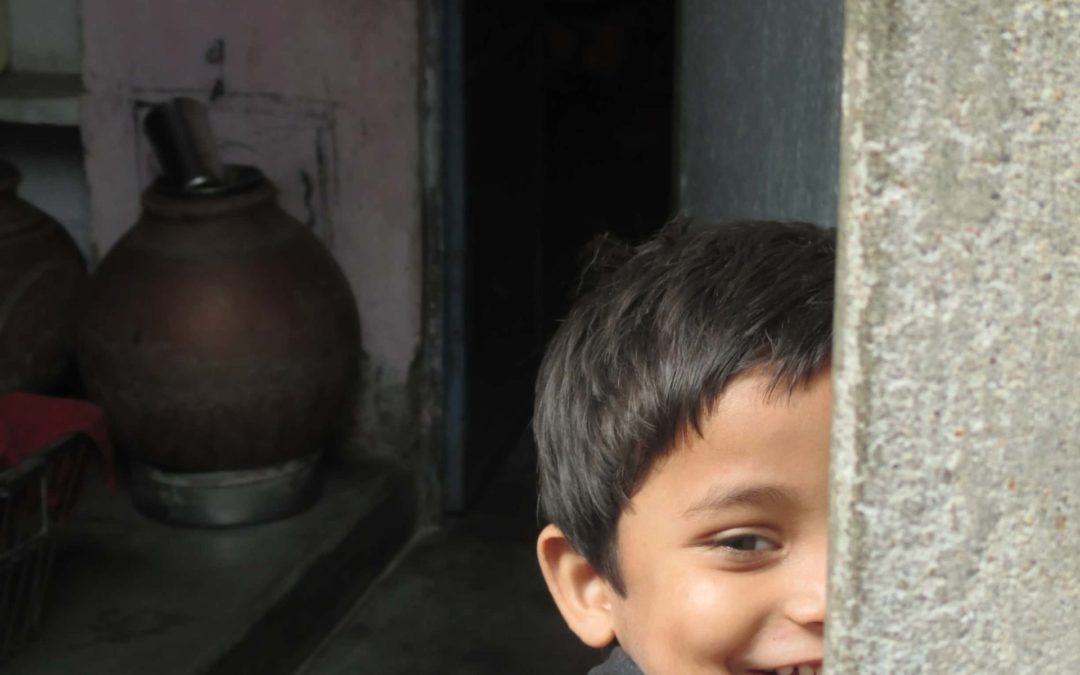
NAVCHETAN
Objective
Rehabilitation and social inclusion of slums’ children with disabilities
Beneficiaries
50 children with disabilities from Jaipur slums and related families
Partners
St Anselm School
Donors
Fondazione PIME, Association Friends of the Missionary Sisters of the Immaculate, Fondation Assistance Internationale
PROJECT
This project aims to the development and the social inclusion of children with disabilities living in Jawahar Nagar slum of Jaipur, in Rajasthan. It started in 2017.
Accordingly to Community Based Inclusive Development (CBID) methodology defined by WHO, we’re trying to promote social inclusion of children not only through physical rehabilitation, but also through the involvement of communities and families, based on 5 pillars: health, livelihood, education, social development and empowerment.
For this reason our operators are regularly visiting families, working with local communities about awareness, providing home based assistance and rehabilitation services.
A professional physiotherapist is taking care of this project, regularly visiting children at the center and teaching parents and rehabilitators all needed exercises for the improvement of their development in order to make them able to replicate all exercises every day at home.
Usually CBID is operating exclusively on the field, directly at people’s homes and inside their communities. Slum’s context is not allowing home care treatments: often a whole family lives in one room without light or windows and it is consequently impossible to have the space to provide needed treatments. For this reason, and in order to grant a chance for children socialization, we created a center where they could receive individual treatments and attend individual or group therapies. On the territory other centers already exist with the same purpose, but they’re out of the reach of slum’s inhabitants (far away and very expensive), while our Navchetan center is at the entry of the slum and it is fully free.
This methodology is focusing on self-independency of people with disabilities and their families, for this reason we started up different activities to support families: advocacy, basic food provision to families and facilitation to access public schools.
CONTEXT
While India is better off in the social and education sectors, it is at the bottom of the list even amongst developing nations in healthcare. And within the country, Rajasthan is a laggard.
As per Census 2011 (2016 updated), in India, out of the 1.2 billion people, about 26,8 million people have some kind of disability which is 2.21% of the total population. At all India level, 7.62% of the disabled persons belonged to the age group 0-6 years (2,04 million). Thus, one in every 100 children in the age group 0-6 years suffers from some type of disability. It is a matter of serious concern as it has wider implications. In 15 States / UTs, the prevalence of disability (proportion of disabled persons to total population) is higher than that of the same at the all India level.
In spite of having a good policy for the disabled in practice most of the disabled don’t have access to education and special care. The illiteracy and lack of awarenessprevents the poor to benefit even from available services.
In 2011 census there were registered 238 slums in the city of Jaipur, with a population of 59.476 households. The constant growing of people with unstable jobs and low income almost doubled slums’ population during last 8 years.
Beneficiaries of our project are coming from Jaipur’s slums, where houses are often only one room where a whole family lives without windows or toilets. Slums’ population are from a lower caste, both at social and economic level, and they are mostly daily laborers came from villages to the big city.
CHILDREN WITH DISABILITIES
RELATIVES INVOLVED
NEWS
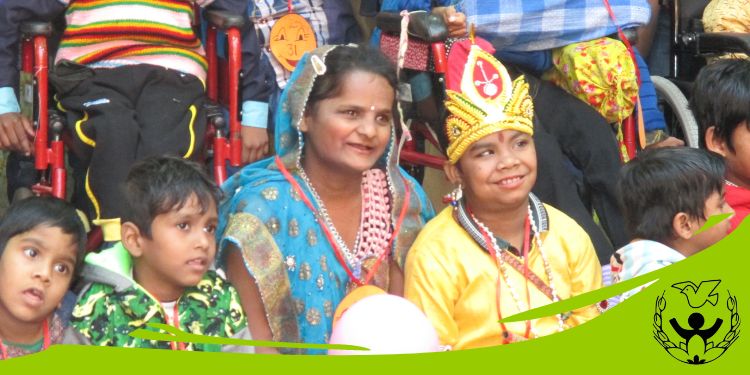
SONAM, TOWARDS AUTONOMY
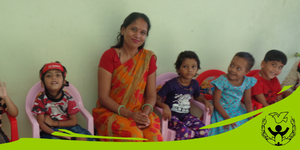
URMILA, A STORY OF WOMEN EMPOWERMENT
To celebrate the international day against violence on women we want to share with Urmila’s story, a story of strength and empowerment, a big example of women’s emancipation, coming from a slum in Jaipur where she works with our Navchetan’s children with disabilities....
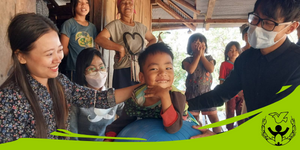
COMMUNITY BASED INCLUSIVE DEVELOPMENT (CBID)
CBID is a development strategy which aims to ensure that people with disabilities are respected and included in their communities on an equal basis in all areas of life. It is people centred, community driven and human rights based. CBID is an essential contribution...

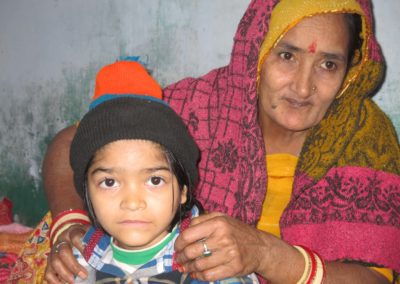
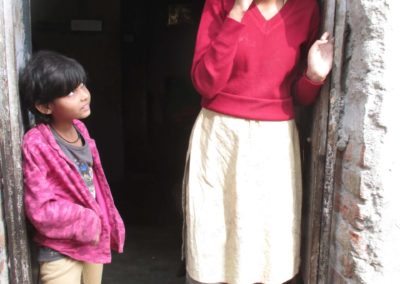
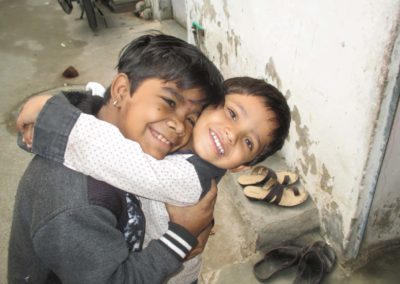
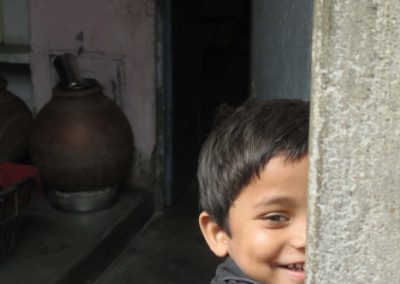
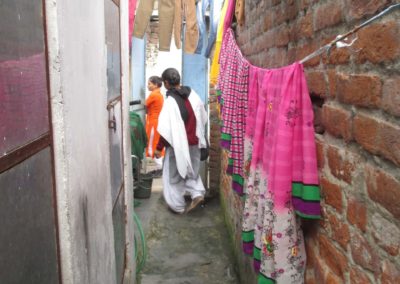
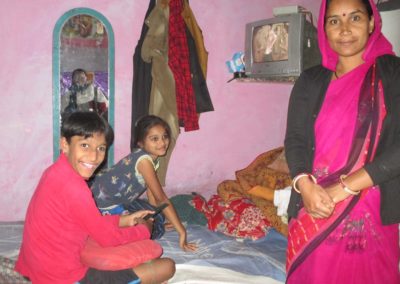
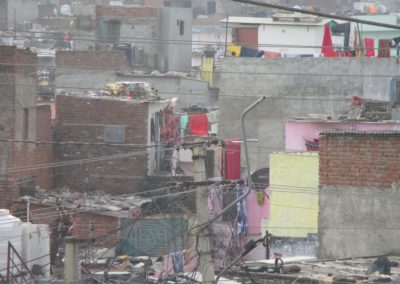
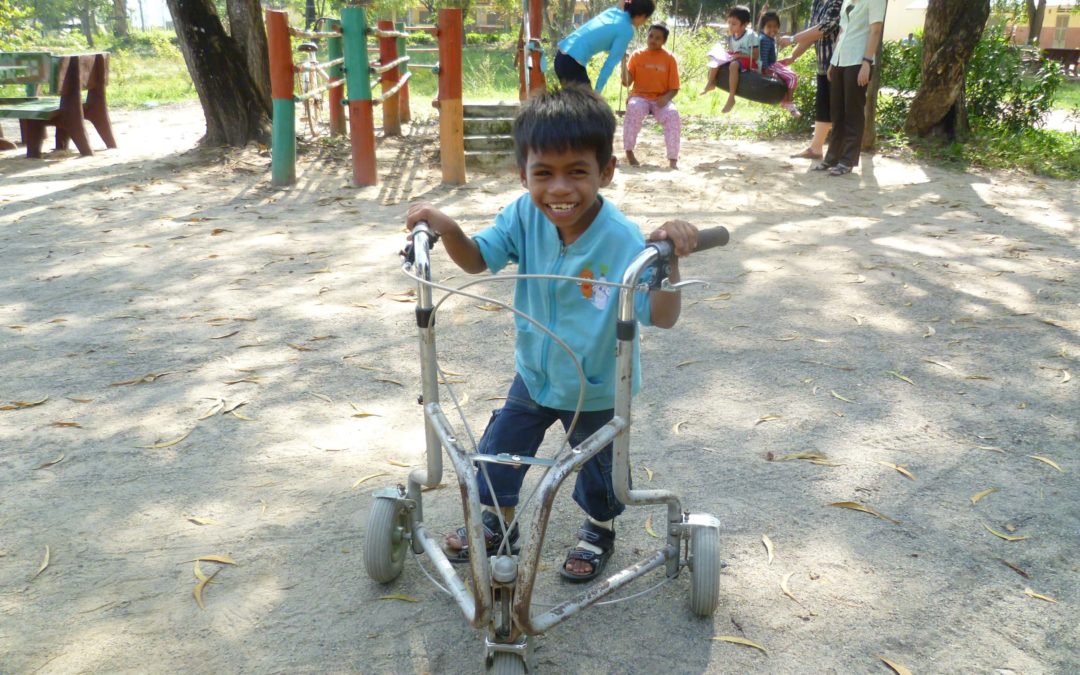
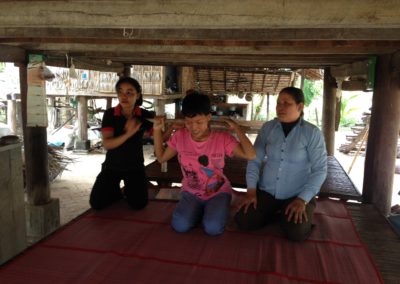
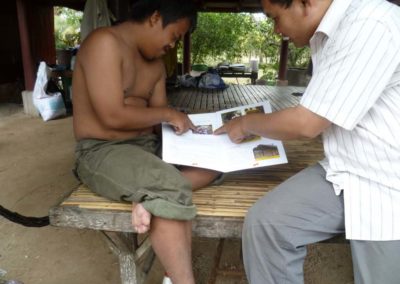
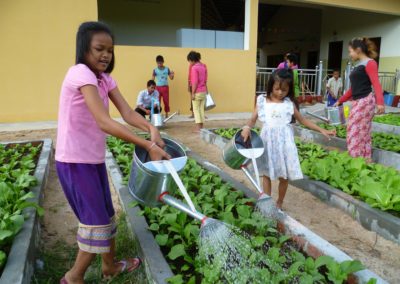
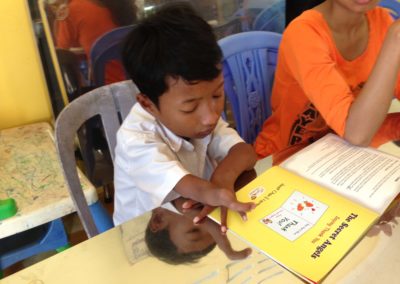
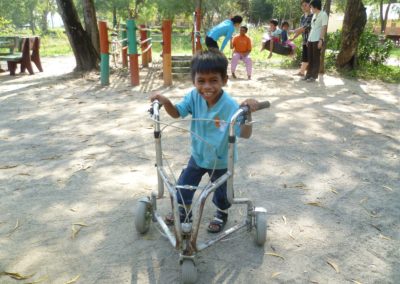
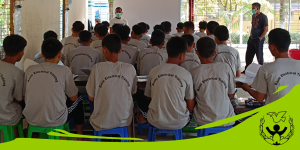
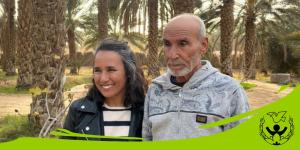
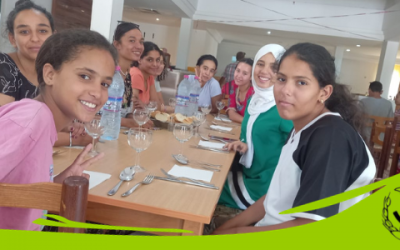
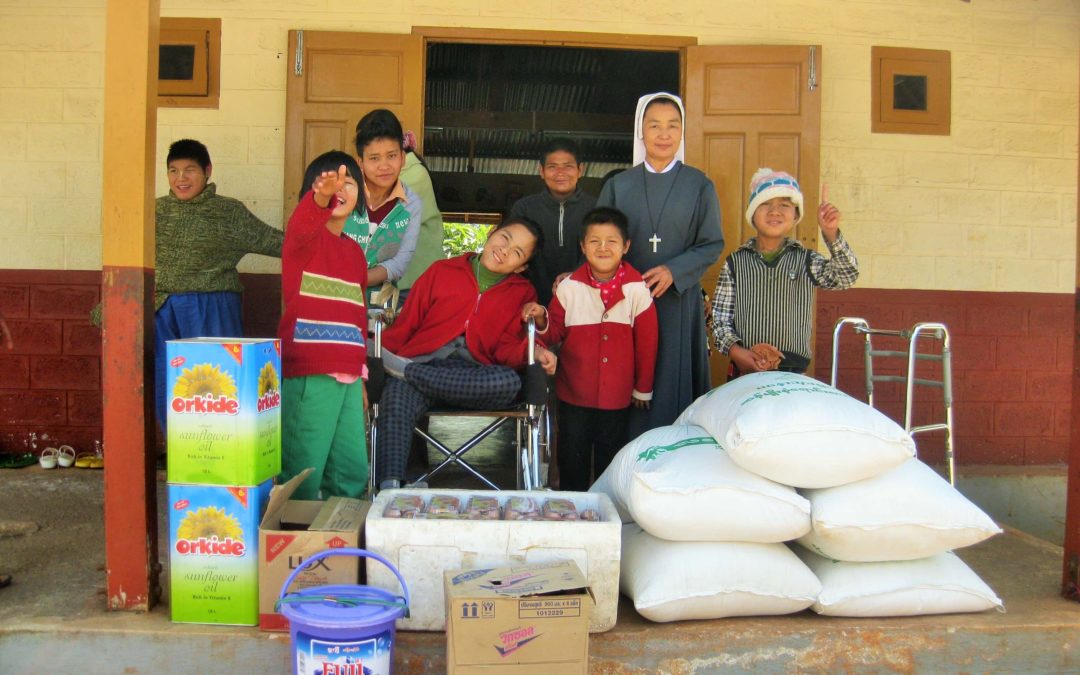

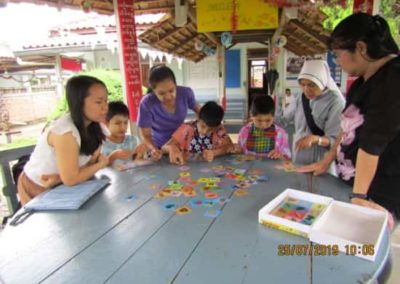
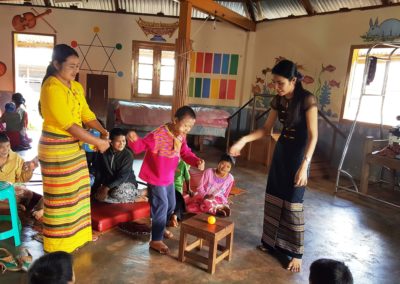
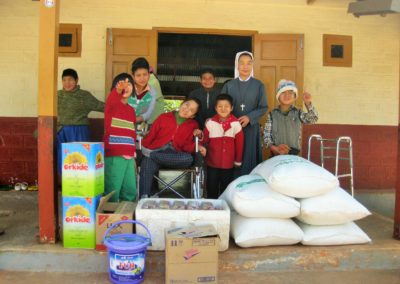
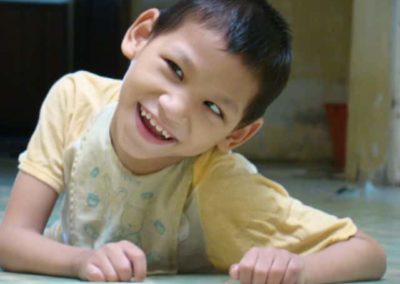
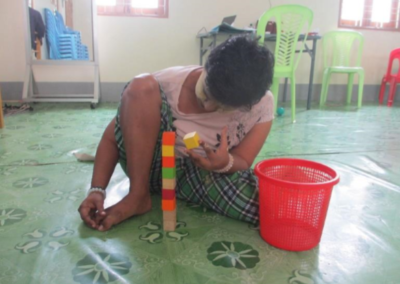
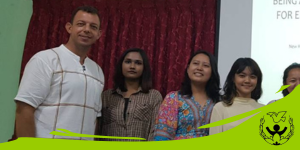

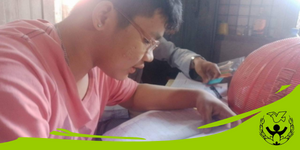
Recent Comments